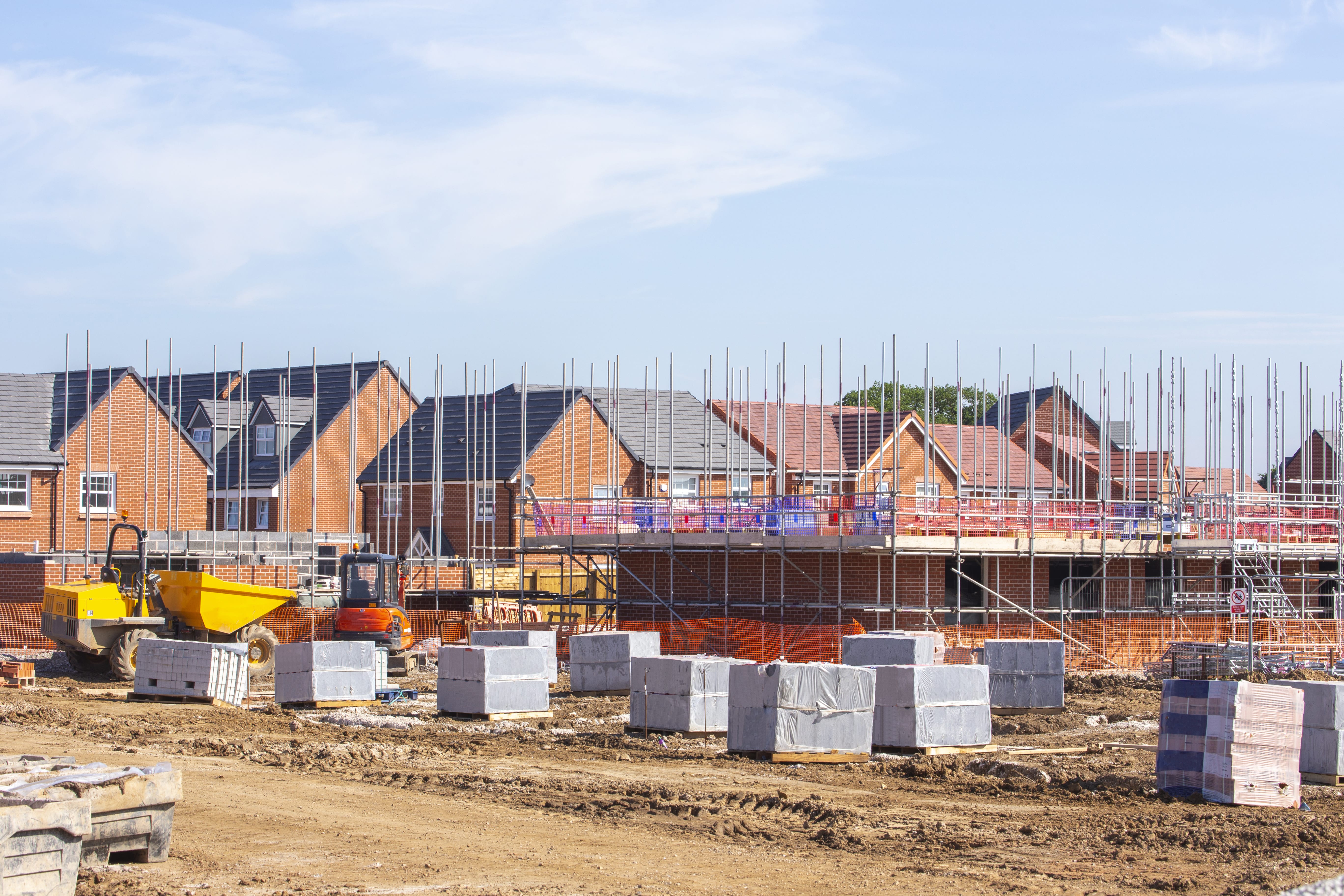A major campaign has been launched to get rural North Wales connected after it was revealed that one in six homes has no access to superfast broadband.
The aim of the Rural Digital Connectivity project is to help householders, businesses and organisations across the region overcome the problems of being located in so-called not spots.
The scheme to combat the digital deficit is being masterminded by Ambition North Wales and funded by the UK Shared Prosperity Fund
It’s being rolled out on their behalf by two rural enterprise agencies, Anglesey-based Menter Môn in the west and Denbighshire-based Cadwyn Clwyd in the east.
They’re organising a series of Connectivity Clinics where experts are available to offer free advice and guidance on getting reliable and fast internet access.
For anybody who can’t attend any of the sessions they’ve also produced a free, easy-to-understand Connectivity Guide to help people get to grips with the problem and which is available on the website www.connectivity.cymru
Among the advisors running the clinics is Geraint Strello, who has over 40 years experience in the ICT industry.
According to Geraint, gaining access to superfast broadband won’t just open up new opportunities for internet shopping, game-playing and homeworking, it could just save your life and even increase the value of your home.
He said: “While many properties in North Wales do have access to superfast broadband it’s important that we don’t forget those that don’t and our aim is to make them aware of the opportunities available to bring a high speed service to them.
“The benefits could be huge, not just for the access to information and for work but there are services which can monitor people’s well-being and enable them to live more independently.
“For example, there are monitoring systems that can learn the normal routine of those living in the property and if something changes dramatically, for example if the toilet is flushed numerous times in the middle of the night, or the front or back door left open, an alarm will be triggered.
“There are sensors that monitor carbon dioxide levels and if it hasn’t changed for a couple of days it would mean no-one has visited so keeping an eye on this reduces the risk of social isolation for vulnerable people.
“There are lots of applications out there which can change people’s lives for the better in relatively unobtrusive ways.”
He said that for those currently struggling for a service over a fixed line there could be options to access 4 or 5G mobile broadband or a satellite connection.
He said: “Advisors from Menter Môn and Cadwyn Clwyd and Denbighshire County Council will be at events across North Wales to give advice, answer their questions and explain what will work best for them.
“When you think about how far we’ve come and the geography of the region then it’s a positive story, but there is more work to do and if you live in a remote location then it could cost you more but there may be help available.
Just under three-quarters of homes in Wales have full-fibre broadband compared to 78 per cent in Scotland, 85 per cent in England and 97 per cent in Northern Ireland.
In North Wales Anglesey is the county worst served by broadband providers with more than one in three properties, 35 per cent, without full-fibre to the premises compared to Wrexham at just 10 per cent while Gwynedd is at 19.4 per cent, Denbighshire 18.5, Flintshire 15 and Conwy 12.
Kiki Rees-Stavros, of Menter Mon, is leading on the project in North West Wales in the counties of Ynys Môn, Gwynedd and Conwy while Helen Williams, of Cadwyn Clwyd, and Philip Burrows from Denbighshire County Council are leading on the project in North East Wales in the counties of Denbighshire, Flintshire and Wrexham,
Kiki said: “We’re particularly targeting householders and businesses with low broadband speeds but our advice is relevant for anyone who wants to improve their speed.
“We want to raise awareness of the steps they can take to boost their connectivity we will be holding drop-in sessions across North Wales as the project continues.
“We have identified the areas with the highest proportion of premises with low broadband speeds and while we are targeting people with low speeds our advice is relevant to anyone who wants to improve their broadband reception.
Helen added: “Essentially we are the honest broker telling people what their options are to get an improved broadband service because it makes such a big difference.
“It gives many people the opportunity to work or even run a business from home and it can also boost the value of that home.
“It can open up so many opportunities because there’s such a shift in the way people use technology and bandwidth with often several devices operating in the same property at once.”
Details of further events will be posted on the website. The project runs until October 31 in Wrexham and until December 31 in the five other North Wales counties.







Leave a Reply
View Comments